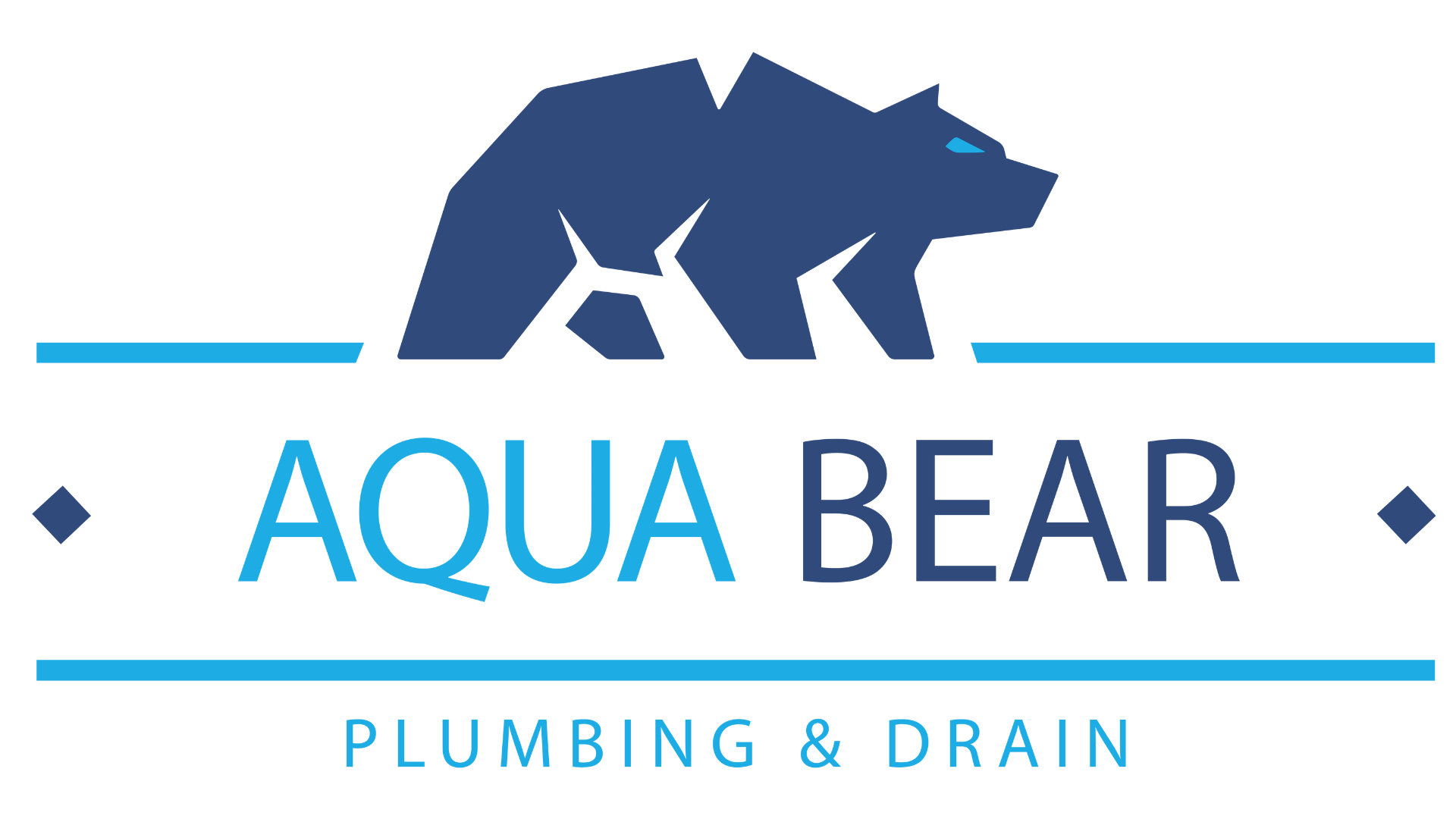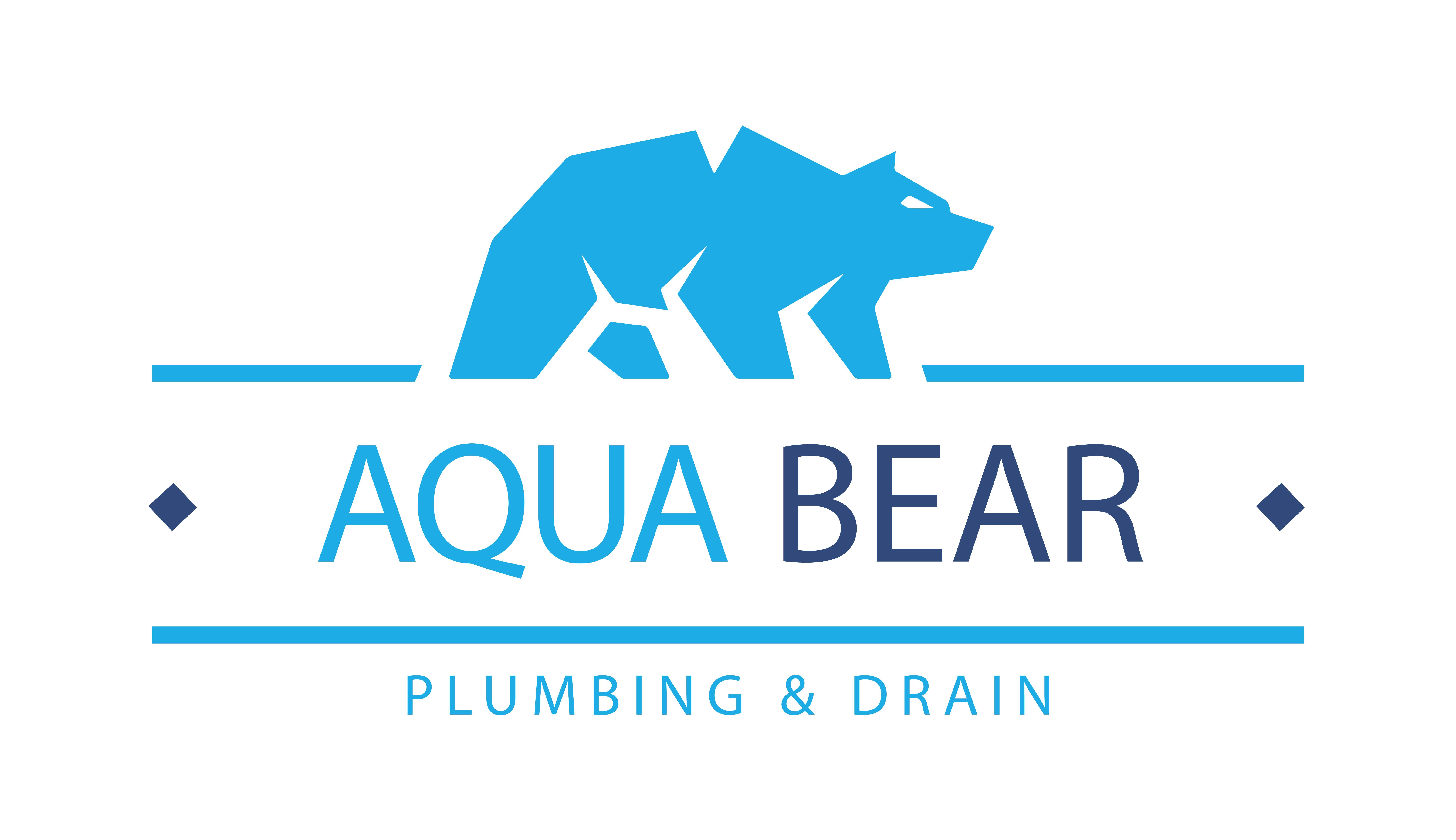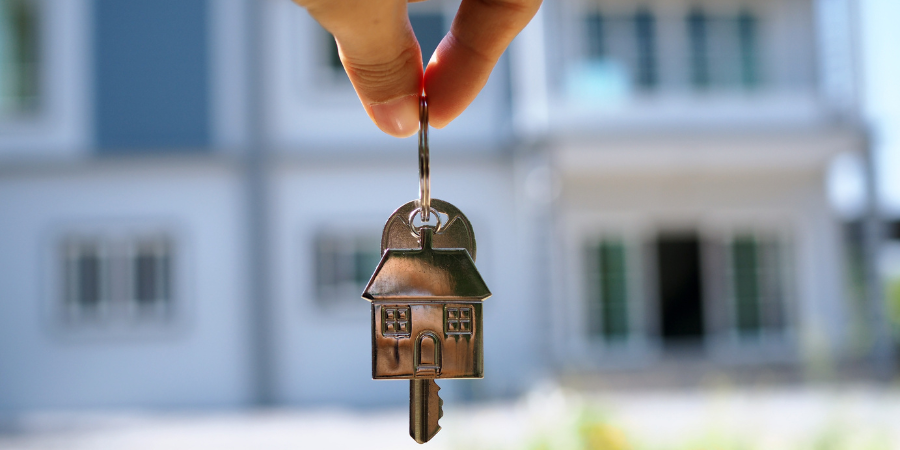We recommend insisting on a home inspection and, to be more specific, a plumbing inspection before making an offer. Repairing and replacing plumbing pipes and fixtures is expensive, so understanding what you are up against only makes good financial sense.
In this article, we will discuss the importance of requesting a plumbing inspection and how avoiding this step can leave you with a new home riddled with more than plumbing problems. We will highlight the areas where the most attention should be placed to ensure the home of your dreams does not turn into a living nightmare.
Do I Really Need An Inspection?
We understand the temptation to skip a plumbing inspection since this will increase your overall expenditures. After all, the family you are purchasing from seems lovely, and certainly, they would not be living with poorly functioning plumbing, but sometimes the plumbing problems are not obvious. Other times, they have caused significant damage, of which no one is aware. Hiring a professional plumber to evaluate the entire plumbing system is the only way you will know for sure the condition of the plumbing and if there are other issues with which to contend. Every buyer should insist on a plumbing inspection even if it risks buying the house.
What Will Be Inspected?
A complete plumbing inspection will evaluate every aspect of a home’s plumbing. The pipe material, the pipes’ location, and the pipes’ overall condition will be reported. In addition, the condition of the plumbing fixtures, such as toilets, sinks, and showers, will be evaluated and evidence of rot or mold growth will be noted. Water-using appliances such as ice makers, washing machines, and dishwashers will be tested for their watertightness and functionality.
The Water Heater
Suppose the home has a traditional tank-style heater. In that case, the plumber will evaluate the temperature and pressure of the water, the pipe connections for water tightness, evidence of corrosion, rusting, or sediment buildup, and the heater’s age. They will also look for evidence that yearly flushings and inspections properly maintained the heater.
Tank-style heaters have a lifespan of 8-12 years, and a heater reaching its end will be noted so adjustments can be made to the buyer’s offer price. Buying a home with an older storage tank heater places additional risks on the buyer since the heater is likely to burst and flood the house.
Tankless water heaters, with almost double the lifespan over traditional heaters, operate without a tank and heat water directly from the mains. This eliminates the fear of flooding, but an aging tankless system can be problematic.
The inspector will look for low water temperatures or inadequate flow rates, signs of hard water damage, and long heat-up times. Any of these conditions may mean the heater needs replacing, and these considerations should be reflected in the offer.
The Water Pressure
Poor water pressure is an annoying problem homeowners often ignore out of fear of opening Pandora’s box. While we agree low pressure can be annoying, it is important to note that water pressure problems often are masking larger plumbing issues.
A plumbing inspector understands this and will be diligent about finding the cause of low pressure. Some possibilities include corroded plumbing, blocked pipes, hidden leaks, and a faulty water heater.
The cause of pressure problems must be identified. If corrosion is the cause, it may require the entire plumbing system to be repiped, which is a costly and significant undertaking. On the other hand, the decreased pressure may be restored by replacing a short section of plumbing pipe. This obviously would be a much simpler issue to correct.
Slow To Empty Drains
A single drain that is slow to empty is inconsequential, but it can be a serious issue when multiple drains are involved. More often than not, it requires a camera inspection to look deep within the plumbing system where all the home’s drains converge. A significant blockage is likely restricting the wastewater from exiting the drainage system.
Clogged drains result from grease buildup, tree root intrusion, hair and soap scum accumulations, and even issues with the ventilation system. A plumbing inspection will find the cause so the buyer can make an intelligent decision as to whether to pursue the purchase.
The Sewer Line
A plumbing inspection will include looking at the sewer line. Here is where experience can pay off in a big way. It is not uncommon for homeowners to hide sewer line issues by conducting a hydrojetting before listing their home to clear the sewer line so it appears to be free-flowing and functioning well.
Hydrojetting is where high-pressure water is forced through the sewer line to remove tree roots, grease, and other materials known to clog sewer lines. The problem arises when, after settlement, the new buyers find the sewer line has misaligned pipe sections, is frequently clogging, or has severely degraded pipe material.
Without an inspection, the sewer line can appear in good working order but actually requires repairs or replacement, which is costly, time-consuming, and likely not a job the new homeowners have included in their post-buying budget.
Past Plumbing Issues
A plumbing inspection can identify prior plumbing repairs. This, in and of itself, is not a problem unless the one who did the work was not qualified. We have seen terrible DIY projects where mixed plumbing pipes have been improperly joined or where basic plumbing codes have been violated.
A professional inspection will highlight these imperfections, which in most cases, were not intentional. However, every violation and incorrectly installed component must be rectified, and every correction comes with a cost.
Aging Plumbing
When considering an older home, buyers must be aware of the types of plumbing pipes that have been installed. Older homes mean older plumbing and some of the early options from the 1960s and on may be dangerous.
Lead pipe was used in most homes in the early 1900s and, although outlawed for new construction, remains in use in some older homes. As these pipes corrode, the lead in the pipe leaches into the drinking water, causing serious health issues such as delayed development in infants, seizures, vomiting, and a host of problems that require the pipes to be replaced.
Polybutylene pipes are another plumbing material still haunting homeowners. Designed as an advanced product offering durability and long life, they soon were discovered to leak, causing extensive property damage and illnesses from mold and mildew growth. This is another example of how a buyer can be falsely informed about a home’s plumbing and become burdened by unidentified repairs and replacements.
Looking For A Plumbing Inspection?
We offer expert plumbing inspections to ease homeowners’ minds and allow them to arrive at a purchase price that accurately considers the actual condition of the plumbing and not what they hoped it would be.
A wise buyer takes the time and patience to thoroughly check a home’s plumbing system before making an offer. Without a clear understanding of what will be required to bring a home up to an acceptable level of safety and comfort, a buyer is taking a gamble that can seriously upset their budget and majorly inconvenience their family.
Call us to schedule an inspection so you can make a well-thought-out bid with confidence and go to settlement with the peace of mind a professional plumbing inspection will provide. We know what to look for to ensure you buy a quality home without any surprises!






